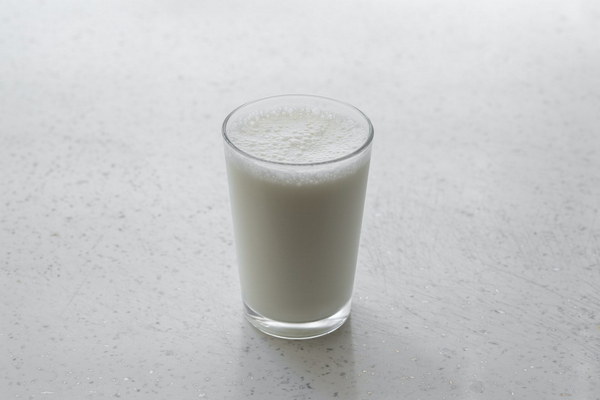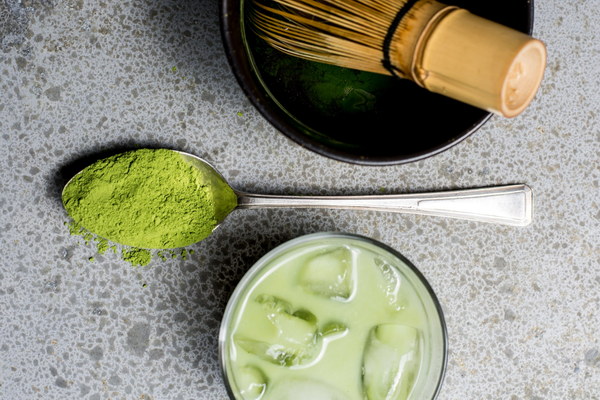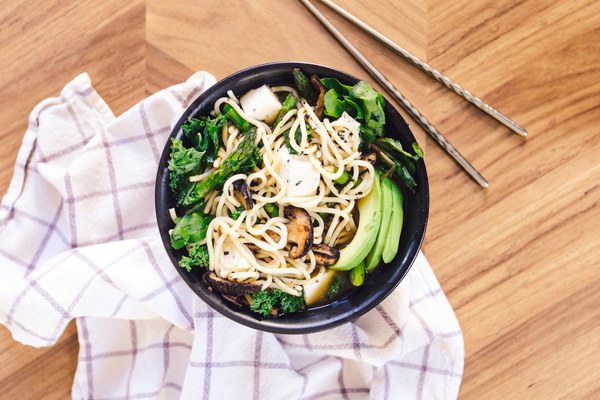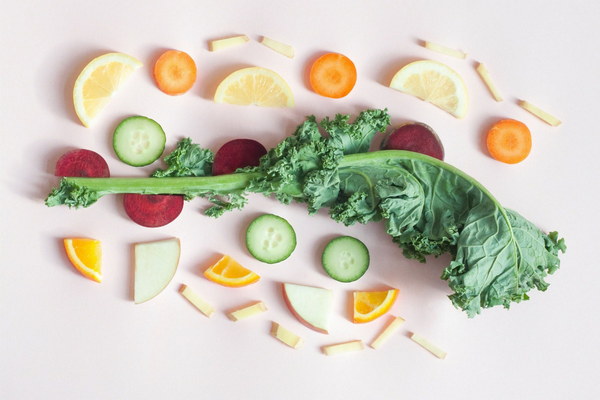Nourishing Hair Growth A Comprehensive Guide to Hair Loss Supplements for Pregnant Women
Introduction:
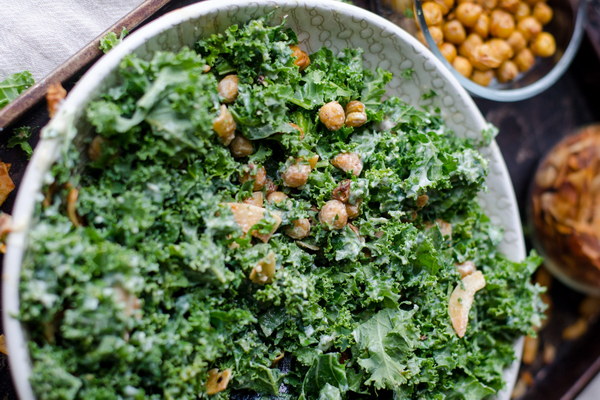
Hair loss during pregnancy can be a distressing experience for many women. It's a common concern that often arises due to hormonal fluctuations, increased stress levels, and inadequate nutrition. While there's no magic solution, incorporating specific hair loss supplements into your diet can help promote hair growth and overall hair health. This article provides a comprehensive guide to the best hair loss supplements for pregnant women, along with essential tips for maintaining healthy hair during this critical period.
1. Understanding Hair Loss During Pregnancy:
Hair loss during pregnancy is primarily caused by hormonal changes. The increase in estrogen levels during pregnancy helps maintain the hair growth phase, but once estrogen levels drop postpartum, many women experience a higher rate of hair shedding. This process, known as telogen effluvium, is usually temporary and resolves itself within a few months after childbirth.
2. Essential Nutrients for Hair Growth:
To support hair growth and reduce hair loss, it's crucial to ensure that your diet is rich in essential nutrients. The following vitamins and minerals play a vital role in hair health:
a) Vitamin D: This fat-soluble vitamin is essential for hair growth and maintenance. It can be obtained through sunlight exposure or through dietary sources like fatty fish, eggs, and fortified foods.
b) Iron: Iron deficiency is a common cause of hair loss. Include iron-rich foods such as lean meats, poultry, fish, beans, lentils, and fortified cereals in your diet.
c) Biotin: Often referred to as the hair vitamin, biotin is a B-complex vitamin that helps strengthen hair and nails. Good dietary sources of biotin include nuts, seeds, eggs, and whole grains.
d) Vitamin E: This antioxidant vitamin promotes hair growth and protects the scalp from damage. Vitamin E can be found in nuts, seeds, avocados, and leafy greens.
e) Vitamin C: This vitamin aids in the absorption of iron and promotes collagen production, which is essential for hair strength. Citrus fruits, strawberries, bell peppers, and leafy greens are excellent sources of vitamin C.
3. Hair Loss Supplements for Pregnant Women:
While it's essential to consume a well-balanced diet, some women may require additional supplementation to support hair growth. Here are some hair loss supplements specifically beneficial for pregnant women:
a) Fish Oil: Rich in omega-3 fatty acids, fish oil can help reduce inflammation and promote hair growth. Look for a high-quality fish oil supplement with a minimum of 500 mg of EPA and DHA.
b) Biotin: Taking a biotin supplement can help reduce hair shedding and promote hair growth. Aim for a dosage of 30-50 mcg per day, but consult with your healthcare provider before starting any new supplement.
c) Vitamin D: If you're not getting enough vitamin D through sunlight or diet, consider taking a vitamin D supplement. The recommended dosage for pregnant women is 600-800 IU per day, but consult your healthcare provider for personalized advice.
d) Niacin: Also known as vitamin B3, niacin supports hair growth and reduces hair loss. A dosage of 100-200 mg per day can be beneficial, but always consult with a healthcare provider before starting any supplement.
4. Tips for Maintaining Healthy Hair During Pregnancy:
In addition to incorporating hair loss supplements into your diet, here are some tips for maintaining healthy hair during pregnancy:
a) Avoid harsh hair treatments: Minimize the use of heat styling tools, chemical treatments, and tight hairstyles that can cause hair breakage.
b) Use a gentle, nourishing shampoo and conditioner: Choose products that are free from sulfates and parabens, and focus on those formulated for sensitive scalps.
c) Regular trims: Keep your hair healthy by scheduling regular trims to remove split ends and prevent breakage.
Conclusion:
Hair loss during pregnancy can be a challenging experience, but with proper nutrition and hair loss supplements, you can support hair growth and maintain healthy hair. Remember to consult with your healthcare provider before starting any new supplement, and make sure to incorporate a well-balanced diet rich in essential nutrients. By following these guidelines, you can help ensure your hair stays strong and healthy throughout your pregnancy.
